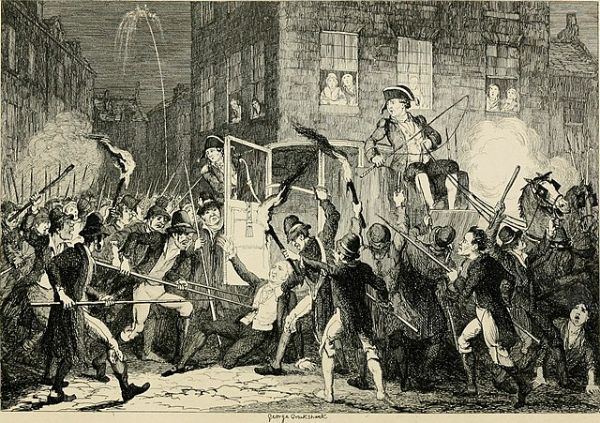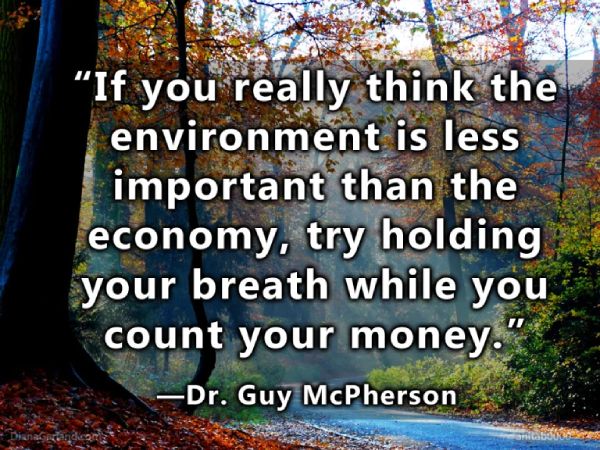I belong to that much-maligned breed of people who have spent their whole lives protesting about various things. I have demonstrated – enthusiastically! – against road-building and fracking, against surveillance cameras and “anti-terrorist” laws, against arms fairs and drone factories, against privatisations and bankster bail-outs, against the City of London and the British ruling class, against NATO and its wars, against the G8, the G20 and the Bilderberg conference, against lockdowns, masks and vaccine passports.
One of the hostile remarks often made about people like me is that we are incoherent. By jumping from one issue to another at regular intervals we reveal ourselves to be rudderless, shallow, a mere “rent-a-mob” who protest just for the sake of protesting and don’t even really understand why we are there.
A second criticism is that we are negative. We are always against something, rather than for it. We are the “antis”, anti-everything.
And a third complaint is that we are a public nuisance, an irritating and self-important minority who try to impose our preferences on other people and won’t simply let ordinary decent folk get on with living their ordinary decent lives.
Naturally, I regard all three of these judgements as mistaken!
On the first count, I am increasingly aware that everything I have been protesting against over the years is part of one and the same phenomenon which, by way of shorthand, many of us refer to as the system.
It is obvious enough that there is a connection between the arms trade and NATO, for instance, or between the City of London and privatisation, but I have come to understand that these two realms are themselves facets of the same overall entity, as is pretty much everything undesirable you can think of, from globalisation to “vaccines”.
Fighting for decades against all these manifestations of the one phenomenon has, thus, been anything but incoherent…
The second complaint, about being “antis”, is only valid if you believe that opposing a bad thing is negative.
While the banners under which we fight our various campaigns are not always couched merely in terms of opposition, it is certainly true that there does tend to be an underlying theme of being against something.
But this is inevitable! The reason why people mobilise and organise and take action is that something undesirable is happening that they want to stop.

All these different campaigns and struggles therefore amount to one decentralised and largely uncoordinated attempt to halt, or at least to slow down, the harmful activities of the overall phenomenon threatening us.
I am using the word “phenomenon” because at this point the term “system” starts to feel inadequate. A system could easily be something static, something that is already in place and is hard to remove.
But the central problem with the phenomenon in question is that it is never static or still and is constantly expanding.
That is what it is, in fact: an expansion, an accumulation, a malignant growth.
This is why it is always seen by people like me as a threat, something to be resisted. It is always encroaching, confiscating, stealing, developing, destroying.
If I had been born into a world full of surveillance cameras, I don’t suppose I would ever have had the idea to protest against them.
Calling for a demonstration against a road that has been in place for the last 50 years would not result in a big turn-out, even from the most hardline “antis”.
It is the threat of change that motivates us, change that we can see is bad or dangerous.
And, to address the third common criticism, it is not us, but the ever-encroaching system that won’t simply let ordinary decent folk get on with living their ordinary decent lives.

This was the case when rural English people were thrown off their land by the enclosures and shunted into the factories of the first industrial revolution and it is the case today as rural African people are pushed off their land and towards the smart-city slavery of the fourth industrial revolution.
It is the case with every traditional way of life that is bulldozed in the name of development and modernity, every individual who is socially distanced from family and community, every new poison that is introduced into our drinking water, our air, our food or our bodies.
It is the case with every nail hammered into our freedom, every screw tightenened on the total control of the system, every opinion now declared a “crime” by those who want to take everything from us.
They just won’t leave us in peace, to live our lives as we wish. Our horizon is permanently darkened with the menace of their next state of emergency, their next all-changing war, their next technological advance, their next fake pandemic, their next Great Leap Forward, Five Year Plan, thousand-year Reich or Great Reset.
To oppose this invasive process, which we might term the Encroachment, is not to be a disruptive anti-social trouble-maker but to be a defender of what we already have, what we used to have and what we deserve to have again.

I picture serial refuseniks like me as being scattered all around the edges of a great mass of men, women and children, who are being herded, steadily, towards the gates of a gigantic flesh-mill where they will be ground down into liquidity to feed the gluttony of their evil overlords.
Brandishing our tattered flags, banners and placards, we fight a rearguard action against the batons and electric cattle prods wielded by mercenary stormtroopers who are just doing their job of ensuring that we shuffle sustainably and inclusively towards our deadly fate.
Sometimes, when there is a particularly violent attack from the stormtroopers, as happened in 2020, there is a disorientating surge and, to our surprise, we suddenly find ourselves on the other side of the great crowd, fighting the same enemy alongside people we have never seen before.
On and on the oppressors encroach, forcing the people ever closer to the grim gates, and for all our efforts we are forced to retreat.
But all the time we keep calling out, over our shoulders, to the massive numbers still advancing obediently to their doom, explaining to them what awaits them and urging them to join us in our resistance.
And we are spurred on in our apparently futile efforts by the certain knowledge that if ever a large part of the crowd wakes up, turns round and heads back in the opposite direction, the stormtroopers will be trampled underfoot as we throng joyously and triumphantly into freedom.
Author
“'This is not how things are meant to be; this is not how we are all meant to live.' Paul Cudenec (1963-) is a contemporary anarchist writer who very much fits into the organic radical tradition. In 2020 he became known for his outspoken criticism of the totalitarianism being rolled out worldwide on the back of the Covid crisis.' (nevermore.media) He describes himself as a"[d]eeply dissident journalist and author whose work also appears on the Winter Oak and Organic Radicals sites" and his work as "an exploration of deep dissent". His work appears at Substack, Winter Oak, Network23, among others.







